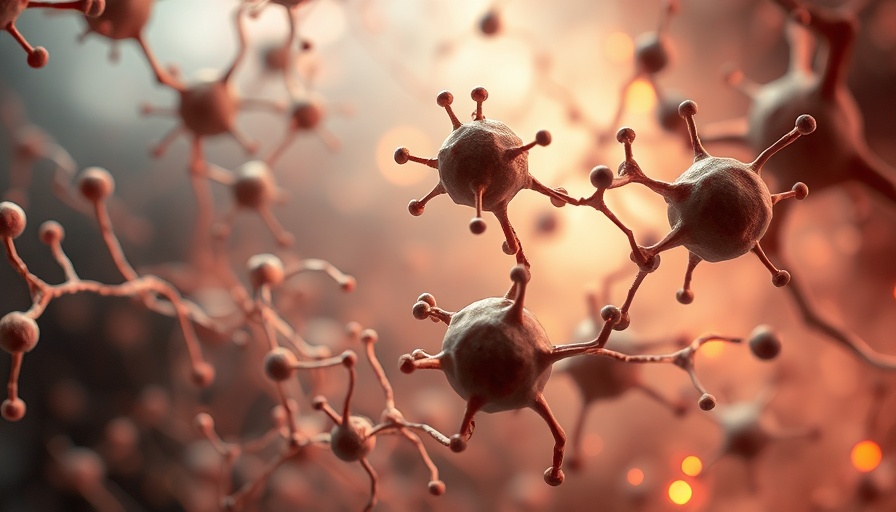
Understanding Gut Microbes and Fat Metabolism
Recent research has unveiled a remarkable connection between gut health and fat metabolism, shedding light on how beneficial gut bacteria play critical roles in regulating body weight and overall metabolic function. The prevalent notion that our gut microbes are merely silent residents is quickly fading as scientific evidence mounts to suggest they actively influence various physiological processes, including the body’s response to fat and cholesterol.
The Dynamic Relationship Between Gut Microbiota and Host Metabolism
According to a study by Weill Cornell Medicine, gut microbiota produce bioactive molecules that profoundly affect fat digestion and cholesterol regulation. A key finding involves bile acids, substances synthesized from cholesterol in the liver, which are essential for fat digestion. Studies indicate that specific gut bacteria can transform these bile acids into forms that enhance or inhibit fat metabolism
Dr. Frank Schroeder and his team emphasize that this process is not just about digestion; it's about a detailed signaling network that regulates cholesterol levels and fat metabolism. The research highlights a new molecule, bile acid-methylcysteamine (BA–MCY), that is essential for boosting bile production. This feedback loop demonstrates that the gut microbiota and the human body engage in an ongoing dialogue crucial for maintaining metabolic balance.
Probiotics: The Allies in Weight Management
Research reviews exploring the role of probiotics suggest that specific strains can significantly modulate gut microbiota composition, impacting energy metabolism and appetite regulation. The addition of beneficial bacteria, such as Lactobacillus gasseri and Bifidobacterium breve, into our diets can help reduce visceral fat and improve insulin sensitivity. Their mechanisms of action include enhancing short-chain fatty acid (SCFA) production, which not only fuels gut cells but also positively impacts systemic energy metabolism.
Probiotics work by increasing SCFA levels, which are known to regulate appetite-related hormones. For instance, SCFAs can decrease levels of ghrelin, a hormone that signals hunger, while promoting the production of satiety hormones like GLP-1. This dual effect can lead to reduced calorie intake and improved weight management.
Practical Insights for Enhancing Gut Health
Incorporating probiotics into your diet can be as simple as including yogurt, kefir, or fermented foods rich in live cultures. Aiming for a diversity of bacteria is crucial, as different strains offer varying metabolic benefits. Educational efforts focused on fiber intake are equally important, as certain types of dietary fiber can enhance the activity of probiotics and promote a healthy gut environment.
Integrating dietary changes—favoring high-fiber foods and diverse probiotic sources—can optimize gut health, ultimately aiding in maintaining a balanced body weight. Furthermore, recent clinical trials support that these dietary modifications can lead to significant reductions in fat accumulation, especially in individuals struggling with obesity.
Future Perspectives
The interrelationship between our gut microbiota and metabolic health is only beginning to be explored fully. The path forward involves not just understanding which specific strains are beneficial but also tailoring interventions that meet individual needs based on personal microbiome profiles. Moving forward, the dialogue between gut microbes and their host will likely yield new insights into combating obesity and related chronic conditions, ultimately allowing for a more personalized approach to healthcare.
In light of the mounting evidence supporting the role of gut microbes in health, it’s clear that nurturing this tiny ecosystem within us holds transformative potential for improving not just our waistlines but our overall well-being.
 Add Row
Add Row  Add
Add 



 Add Row
Add Row  Add
Add 

Write A Comment